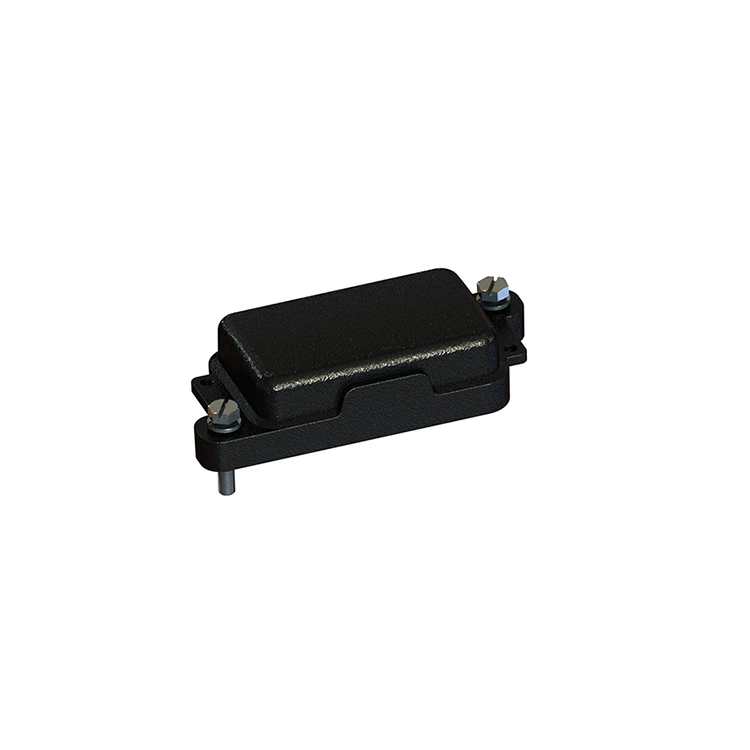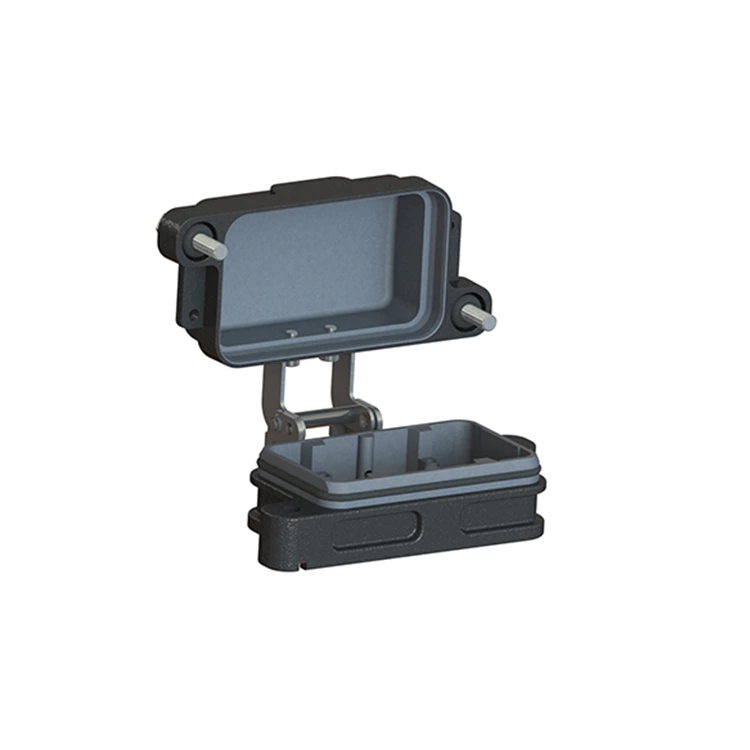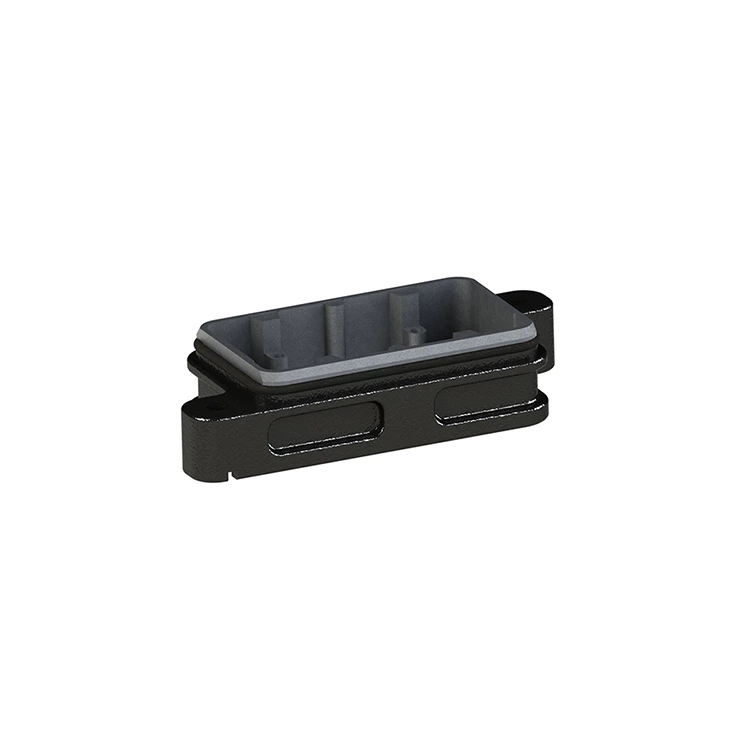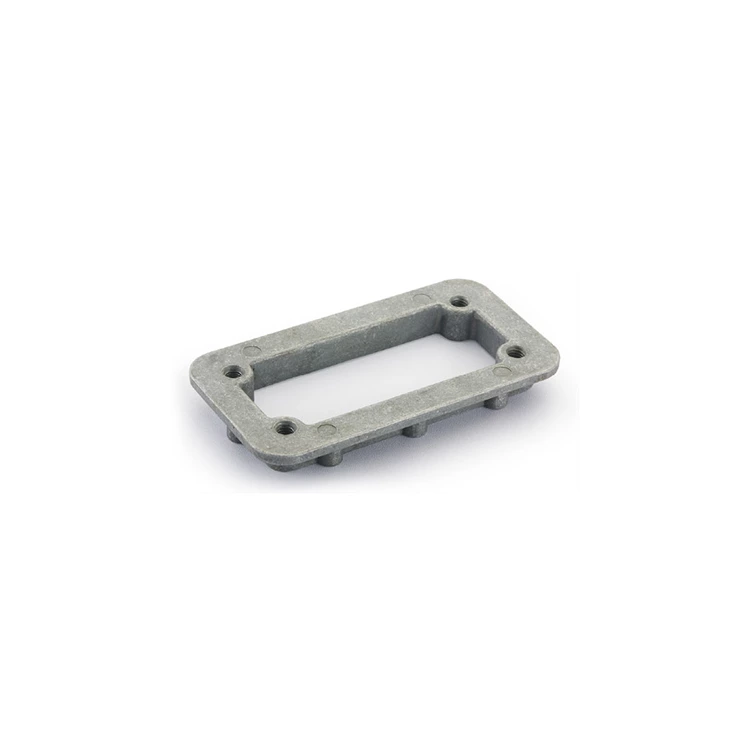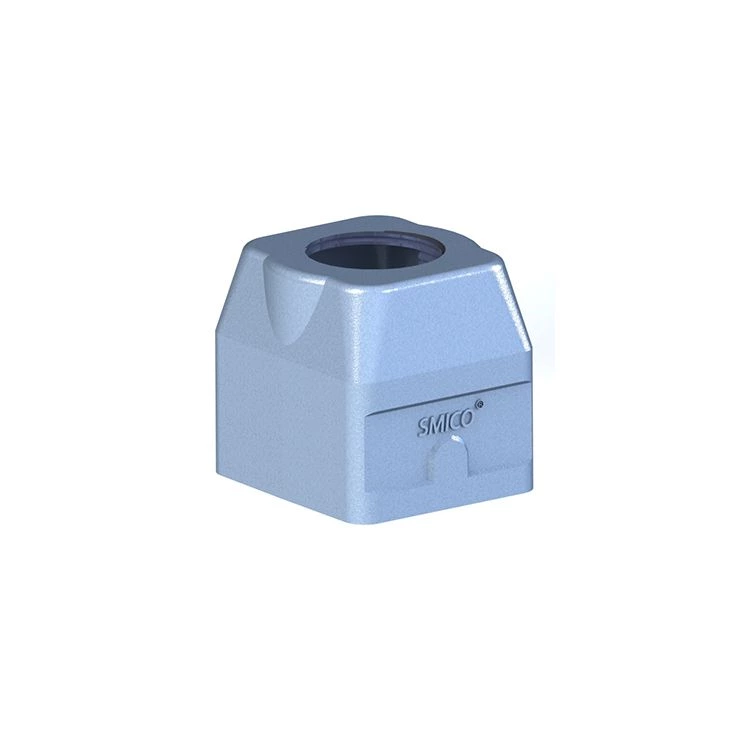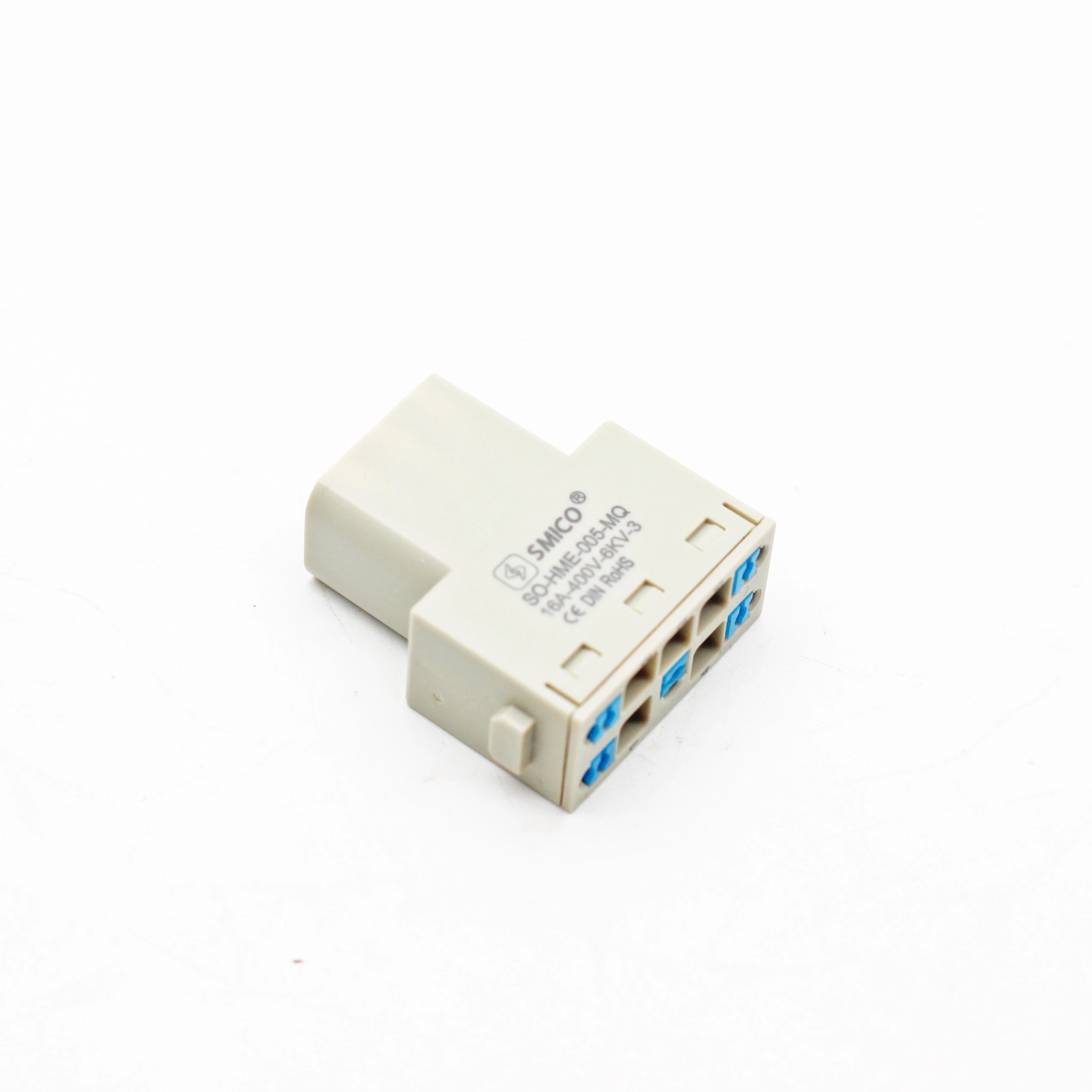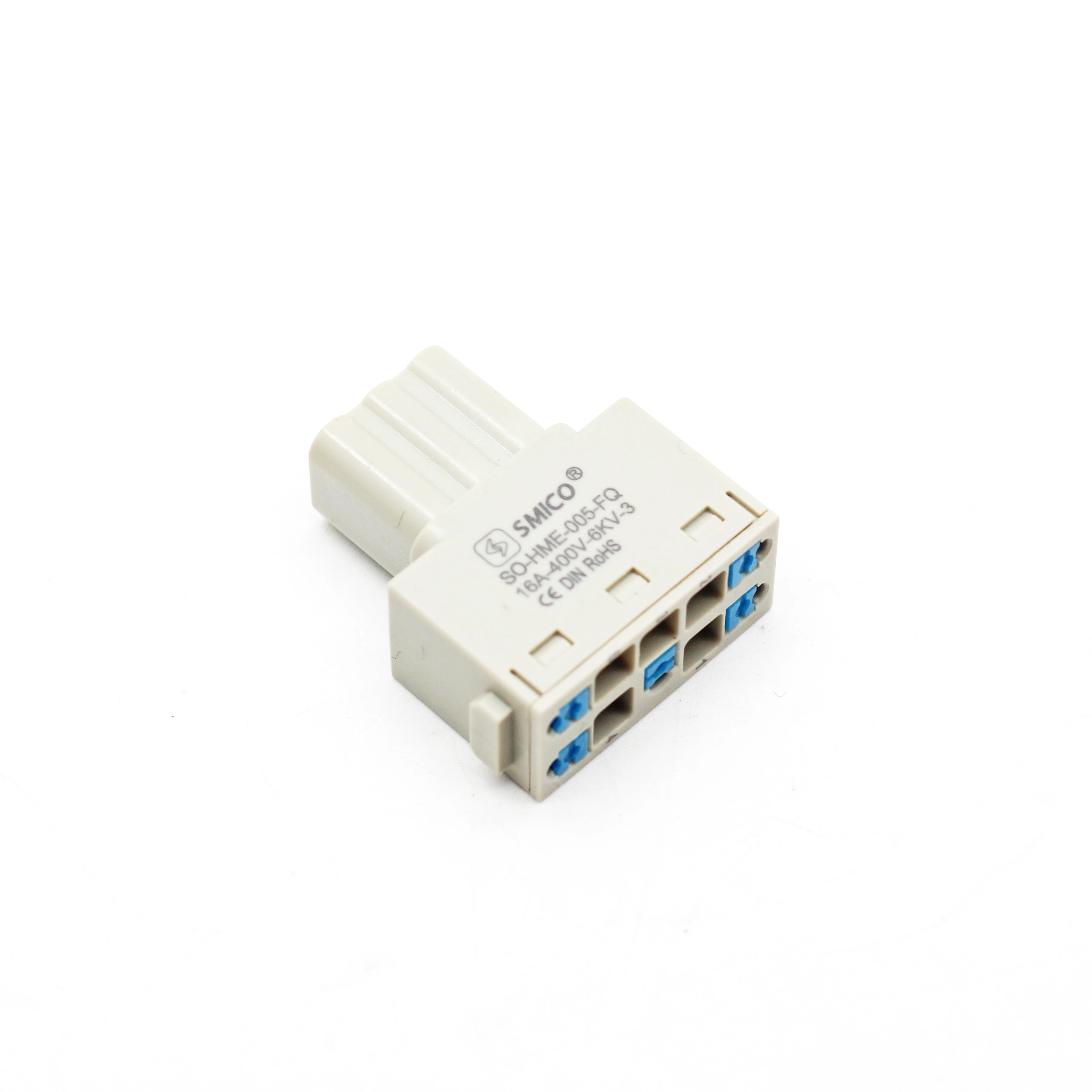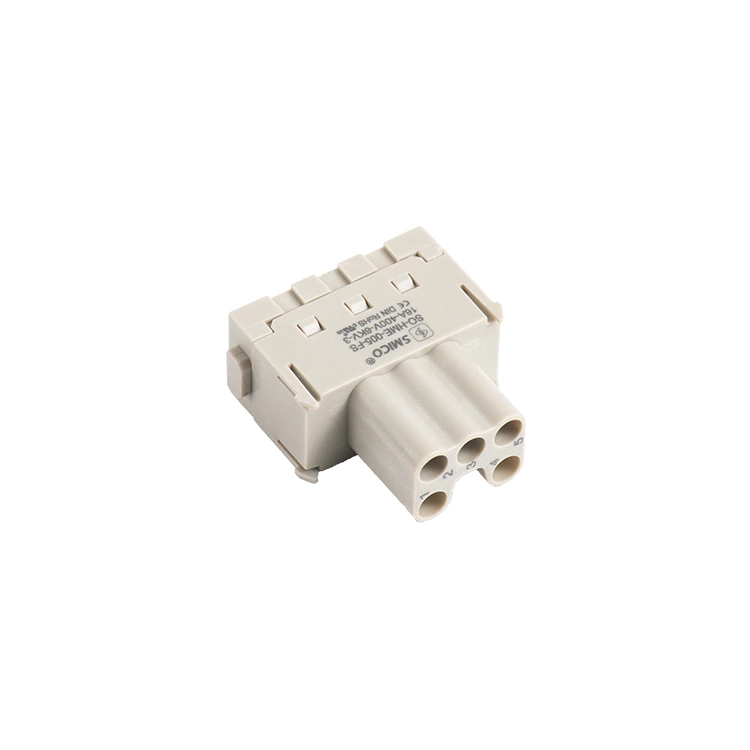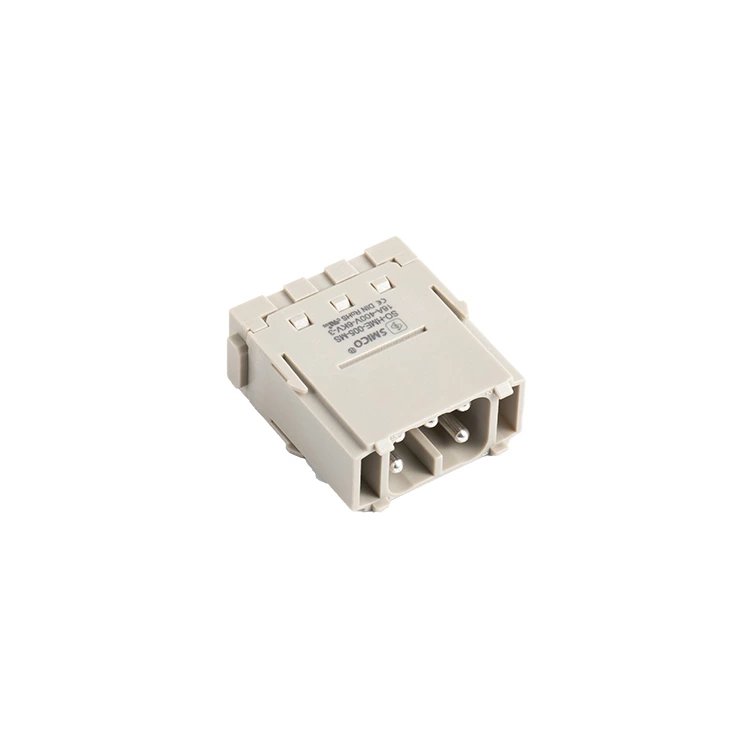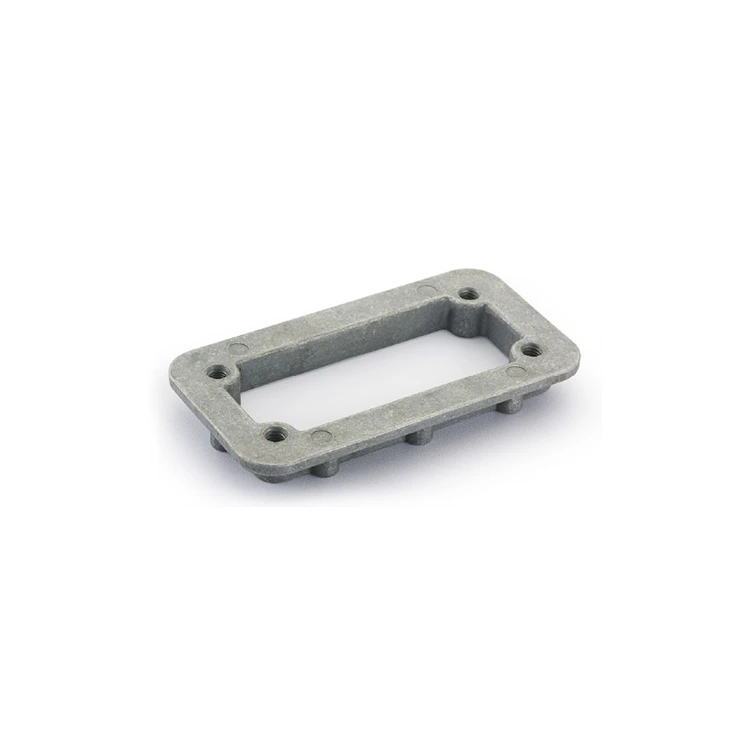Application And Development Of Heavy-duty Connectors
As the core component in the field of electrical connection, heavy-duty connectors are widely used in high-demand scenarios such as industrial automation, railway transportation, energy and electricity. With the rapid development of modern science and technology, higher requirements are put forward for the stability, durability and anti-interference of electrical equipment, which has prompted the connector industry to continuously innovate and upgrade.
1. Definition and characteristics of Heavy Duty Connector
Heavy-duty connectors, as the name implies, are mainly used for electrical connections under high loads, high currents and harsh environments. They are usually designed with high electrical and mechanical performance to ensure long-term stable operation in harsh industrial environments. Compared with conventional connectors, heavy-duty connectors have stronger durability, reliability and safety, and can withstand greater mechanical shock, vibration, temperature changes and humidity and other adverse factors.
These connectors are usually made of high-quality metal materials, such as copper alloys or stainless steel, equipped with high-strength contact elements and insulators, which can effectively reduce the impedance and heat loss of electrical contact and ensure the stable transmission of current. In some special occasions, heavy-duty connectors also have functions such as waterproof, dustproof and corrosion-resistant to meet the needs of industrial automation, machinery manufacturing, intelligent transportation and other fields.
2. Wide application of heavy-duty connectors
With the advancement of industrialization, the application scenarios of heavy-duty connectors are becoming more and more extensive. Especially in the field of industrial automation with high precision and high efficiency requirements, heavy-duty connectors play an indispensable role. For example, in the fields of robots, automated production lines, control systems, etc., heavy-duty connectors not only undertake the transmission tasks of electrical signals and power, but also ensure the stability and safety of the system.
In addition, heavy-duty connectors are also widely used in transportation, energy, military and other industries. In railway transportation, train control systems and power supply systems are inseparable from high-performance connectors, and in power equipment, heavy-duty connectors can ensure the smooth transmission of large currents and prevent power outages or equipment failures.
